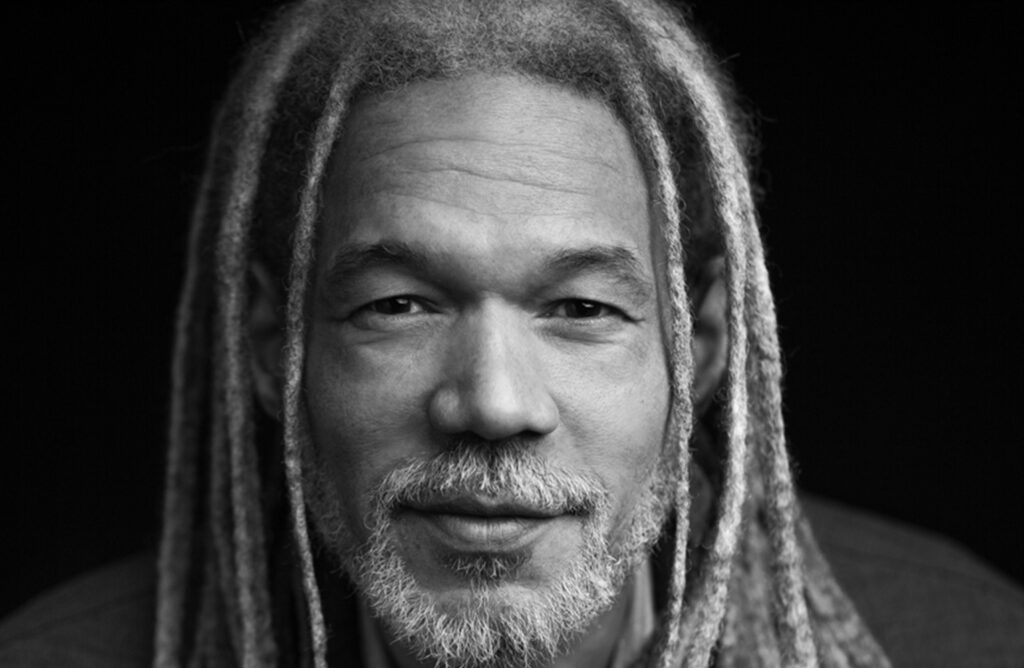 Vincent Brown is on a mission to open minds to a much broader view of American history, one that incorporates Black history and Black perspectives into the canon.
Vincent Brown is on a mission to open minds to a much broader view of American history, one that incorporates Black history and Black perspectives into the canon.
“We need to have a much broader sense of what American history is, who counts within American history and how it develops over time,” said Brown, the Charles Warren Professor of American History and professor of African and African American studies at Harvard University. He teaches courses on the history of slavery in the Americas.
Although Brown grew up in Southern California, his visit to Carolina “is going to be a bit of a homecoming for me,” he said, pointing out that he did research in Wilson Library and completed his dissertation at neighboring Duke University.
Brown returned to North Carolina to give the first Dr. Genna Rae McNeil Endowed Black History Month Lecture, named for the first Black tenure-track faculty member in the history department. McNeil retired in 2021 after 36 years at Carolina, where she helped establish what was then known as the African American History Month Lecture.
The University’s establishment of an endowed lecture series on Black history and Brown’s talk come at a critical time.
“It has always been a struggle to establish the very idea that Black history is something worthy of study. It is something that people have had to fight for, from when Carter G. Woodson established Negro History Week way back in 1926. Even today, it’s something that is contentious,” Brown said.
Brown believes both Black history and Black perspectives are worthy of study, for understanding racism and much more. “Certainly the history of race and racism is fundamental to the way we have to understand the Black experience in the Americas and in the United States. But then the Black experience and Black struggles exceed the history of racism as well. And I think if we collapse the two too neatly, we can miss all of those things that Black people have done, all the consequences of their history that are not easily reducible to the study of racism.”
Read the complete Carolina Story…
Related Stories

 Vincent Brown is on a mission to open minds to a much broader view of American history, one that incorporates Black history and Black perspectives into the canon.
Vincent Brown is on a mission to open minds to a much broader view of American history, one that incorporates Black history and Black perspectives into the canon.

